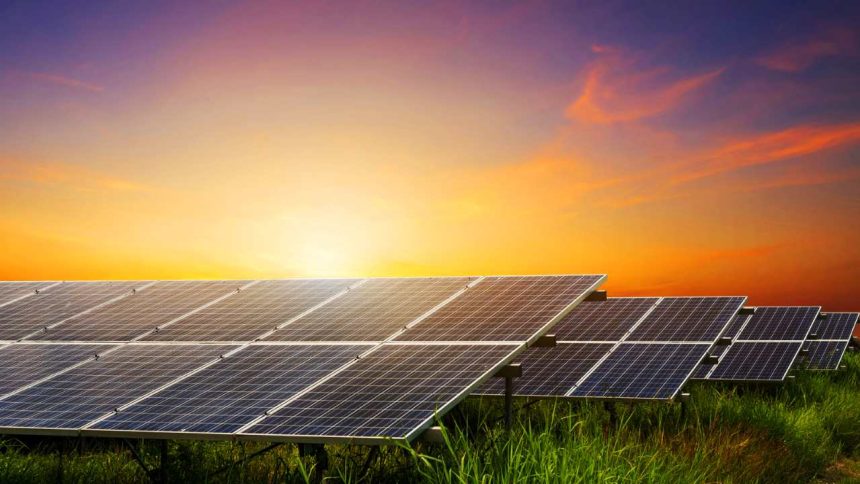Despite apprehension, Pakistan’s journey toward harnessing solar energy has gained momentum over the years. More and more people are now considering net metering to be an attractive investment opportunity amid ever-soaring electricity tariff, believing it would offer good returns not just in the short run.
The government has also offered attractive incentives for the time being, which include high rates for selling excess electricity back to the grid, fixed licenses for generating electricity over the long term, and allowances for how much capacity can be installed. However, a global think tank fears those policies and regulations could be revised in the near future to favor power companies.
A threat to system
A recent report by the Institute for Energy Economics and Financial Analysis (IEEFA) stated that power transmission and distribution companies were worried over this rapid shift to solar system. It explained that too many solar energy prosumers would overload the distribution system and put it at risk of a collapse. It said that this would also result in elevated electricity tariffs for power consumers who did not use solar energy.
To counter this, the government is now considering reducing some of the incentives like lowering the rates paid for excess electricity and shifting to a system called “net billing”.
The easiest way to determine if installing solar panels is a good investment is by looking at the payback period – the time it takes to recover the cost of installing the entire system – and the savings on electricity bills or earnings from selling excess power to the grid. In Pakistan, this payback periods ranges between two years and five years for systems ranging from 5 kilowatts to 25 kilowatts. Those who choose to install systems with even higher capacity have even shorter payback period due to the low per-kilowatt cost.
Balancing the equation
But all this would change when the government revises the current net metering regulations. For example, if the government reduces the rate paid for excess electricity from Rs27 per kilowatt hour (kWh) to Rs9.69/kWh, the recovery will take longer. However, the period will remain within the range of 2-4 years for systems in which most of the generated electricity is used by the prosumers. On the other hand, smaller systems generating a lot of excess electricity would have a payback period or around five years. However, if authorities set a more “moderate” buyback rate of Rs15/kWh, as proposed by many analysts and strategists, the payback period would still be relatively short. This would not only encourage more people to opt for shifting to solar energy but also address the government’s concerns regarding the system overload.
Another proposal under consideration is to shift from a net metering system to a net billing system, in which credits would be applied at a lower rate. However, this would prolong the the payback period for prosumers who have a high self-consumption ratios. In this scenario, the prosumers would have to install comparatively larger systems in shorten the payback period.
Most consumers believe that the government wants to discourage the use of renewable energy by delaying the break-even point for those systems, considering the capacity payments it makes every month to independent power producers. It would be true if the net billing regime is paired with restrictions on the size of systems that prosumers can install. However, the authorities have not hinted at such a step, which shows they just want to manage the system properly and promote a sustainable energy mix.
In any case, there is no doubt that net metering will be more beneficial for average-sized solar systems, like a typical 10kW installation, especially for prosumers who use most of the electricity they generate.
If the government decides to keep or improve the rates paid for excess electricity, it will undoubtedly encourage more people to adopt solar energy. However, authorities will need to improve the grid for this purpose so that load could be managed properly. On the other hand, consumers need to have a better understanding of their energy needs so that they could choose the right system size in order to get the best return on their investment.
















